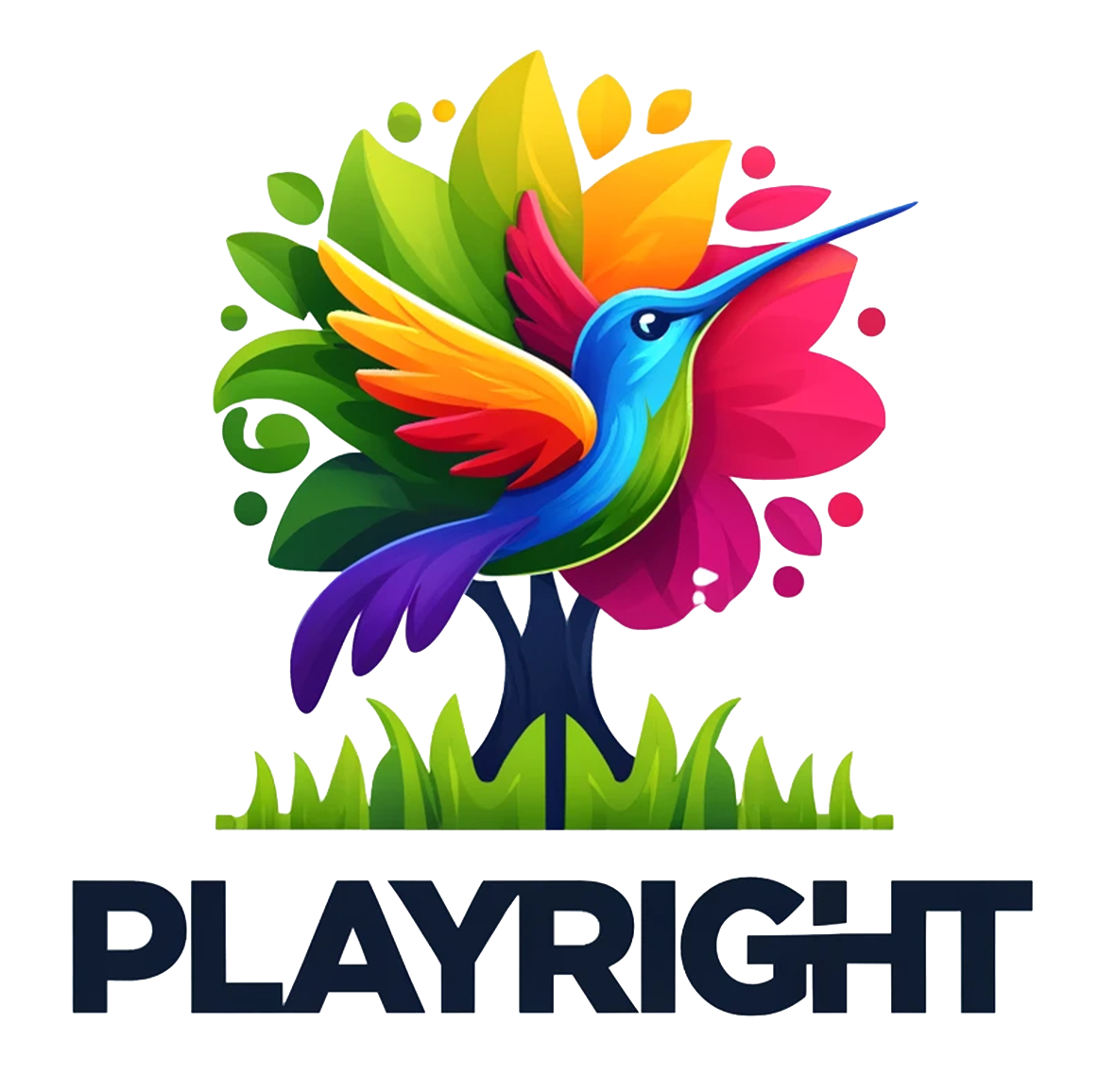Games and Activities to Promote Social for Kids
"Games and Activities to Promote Social Interaction and Communication,"
Here's a list that can help parents, caregivers, and therapists engage children in meaningful and developmentally appropriate ways. These activities are designed to enhance social skills, improve communication, and encourage positive interactions among children.
Board Games and Card Games
Guess Who? - Promotes questioning and deductive reasoning.
Uno - Encourages turn-taking and strategy discussions.
Charades for Kids - Enhances non-verbal communication and teamwork.
Pictionary - Develops understanding and expression through drawing.
Simon Says - Improves listening skills and attention to detail.
Cooperative Games
Outfoxed! - A cooperative whodunit game that fosters teamwork and collective problem-solving.
Peaceable Kingdom Games - Offers a variety of games that require players to work together to achieve a common goal.
Zingo - A fast-paced bingo-style game that encourages quick thinking and language development.
These games are always a favorite!
Outdoor and Physical Activities
Team Sports (e.g., soccer, basketball) - Promotes cooperation, understanding of rules, and sportsmanship.
Obstacle Courses - Encourage planning and teamwork to navigate through challenges.
Scavenger Hunts - Can be played in teams to develop collaboration and communication skills.
Technology-Assisted Activities
Storytelling Apps (e.g., Toontastic) - Children can create stories together, choosing characters and plots, which promotes creative collaboration and narrative skills.
Multiplayer Video Games that require teamwork and strategy (select age-appropriate games) - Encourages communication and collaboration.
Creative and Role-Playing Activities
Role-playing/Dress-up - Encourages imaginative play and communication as children act out scenarios.
Lego or Building Blocks - Collaborative construction projects can promote discussion, planning, and problem-solving.
Craft Projects - Working on a shared craft can facilitate conversation and shared decision-making.
Music and Rhythm Activities
Music Circles - Children can take turns playing instruments or leading a song, encouraging listening and turn-taking.
Rhythm and Clapping Games (e.g., "Copy Me" games) - Promote listening skills and non-verbal communication.
Social Skills Activities
Emotion Cards - Identify and discuss different emotions depicted on cards to enhance emotional intelligence and empathy.
Conversation Starters - Use prompts to encourage children to share their thoughts and listen to others, building conversational skills.
Mindfulness and Relaxation Activities
Group Yoga or Mindfulness Exercises - These can be geared towards children to help with emotional regulation and awareness of others.
Each game and activity listed above serves to entertain and strategically supports the development of children's social interaction and communication skills. Tailoring the selection to the child's interests and developmental level can further enhance engagement and effectiveness.
Kimberley Arnett-DeSimone, a career pediatric occupational therapist in Huntersville, North Carolina, authored this post.



